SEOUL, Oct 26 — Former South Korean President Roh Tae Woo, who accepted popular calls for a direct presidential election system at the start of South Korea’s democratisation and sought to broaden diplomatic ties with socialist nations while in office, died Tuesday. He was 88.
Roh, who served as president from 1988-93, was recently admitted to a hospital after his health deteriorated but failed to recover, Yonhap news agency quoted his aides.
Roh, a former general, succeeded former President Chun Doo Hwan after helping the latter seize power through a 1979 military coup in the wake of a power vacuum created by the death of former authoritarian President Park Chung Hee.
As pro-democracy rallies spread massively across the nation in 1987, Roh accepted calls for a direct presidential system in what is known as the “June 29 Declaration,” and he was elected president later that year through a direct vote.
In an apparent bid to shed his military image, Roh began his administration under the slogan of opening “an era of ordinary people.”
Roh has been credited with building ties with socialist states and promoting inter-Korean exchanges during his term.
In 1991, South and North Korea were simultaneously admitted to the United Nations. South Korea also established diplomatic relations with the Soviet Union in 1990 and China in 1992.
In 1996, Roh and Chun were convicted of corruption and mutiny for their role in the 1979 military coup and in the brutal crackdown on the 1980 pro-democracy uprising in the southwestern city of Gwangju.
Roh was sentenced to 17 years in prison and faced around 260 billion won (US$223 million) in fines. He was pardoned in 1997 under the government of then-President Kim Young Sam.
Sources: BERNAMA

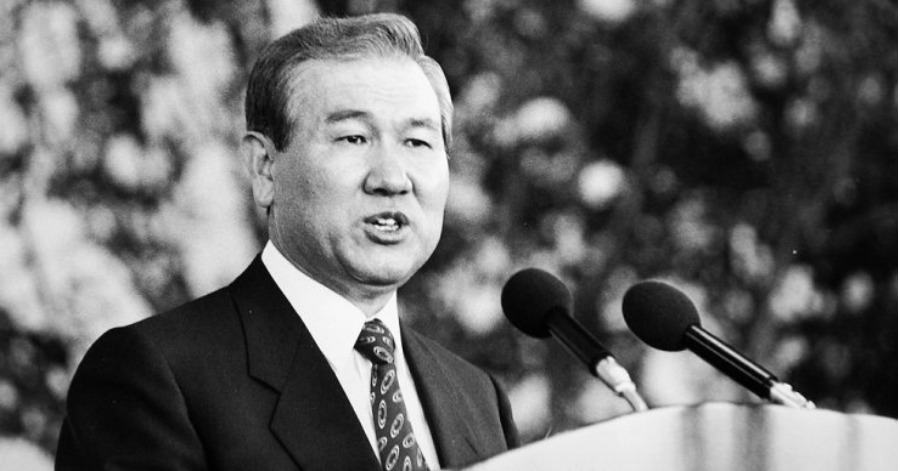
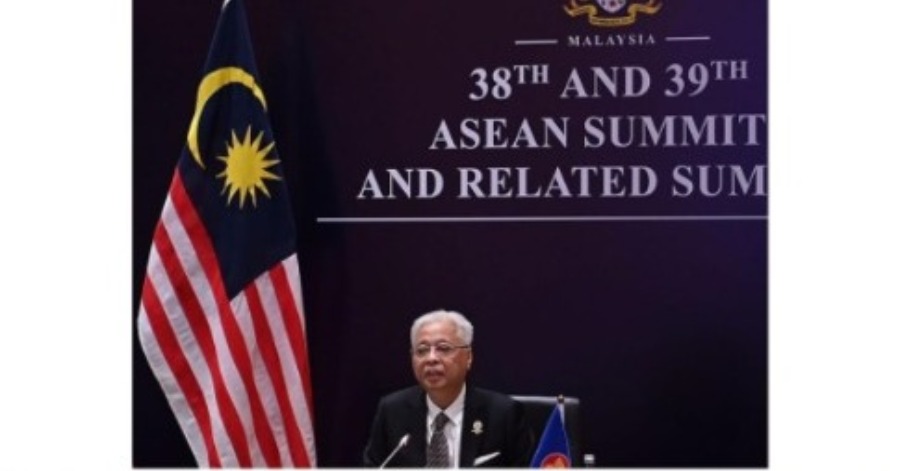



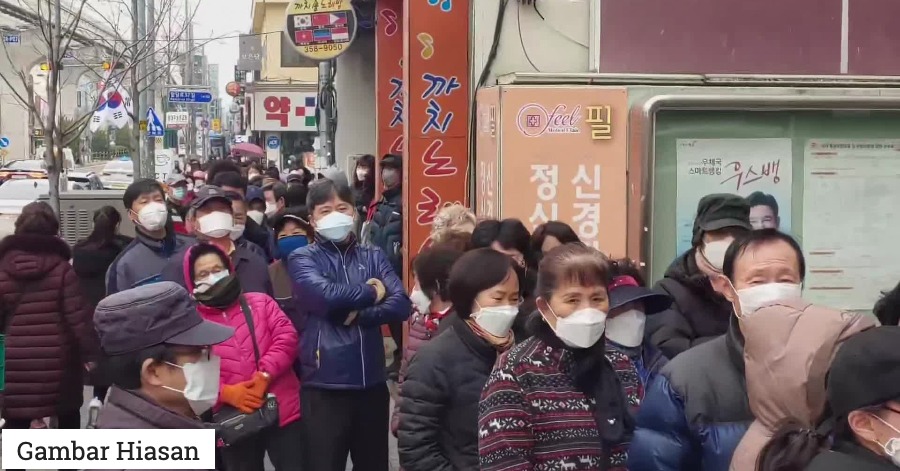
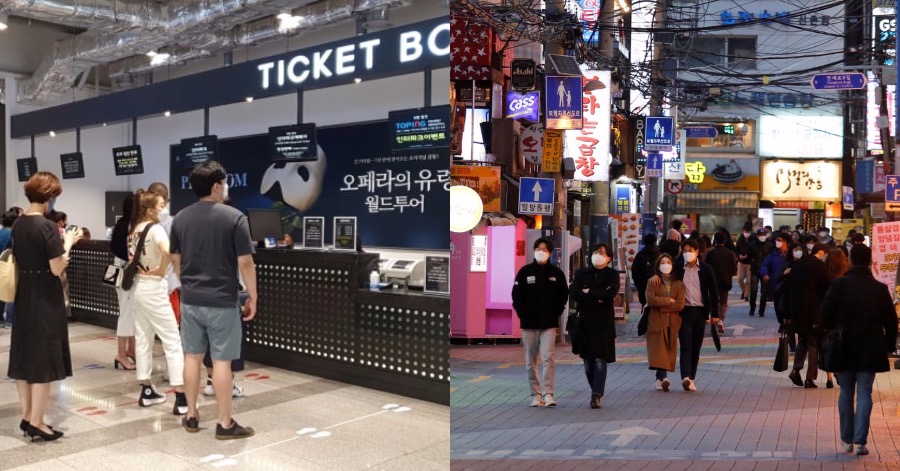
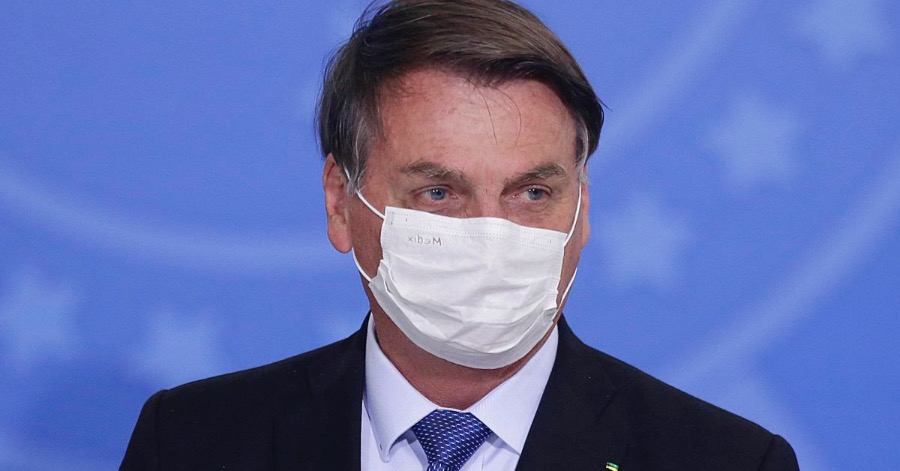
Leave a Comment